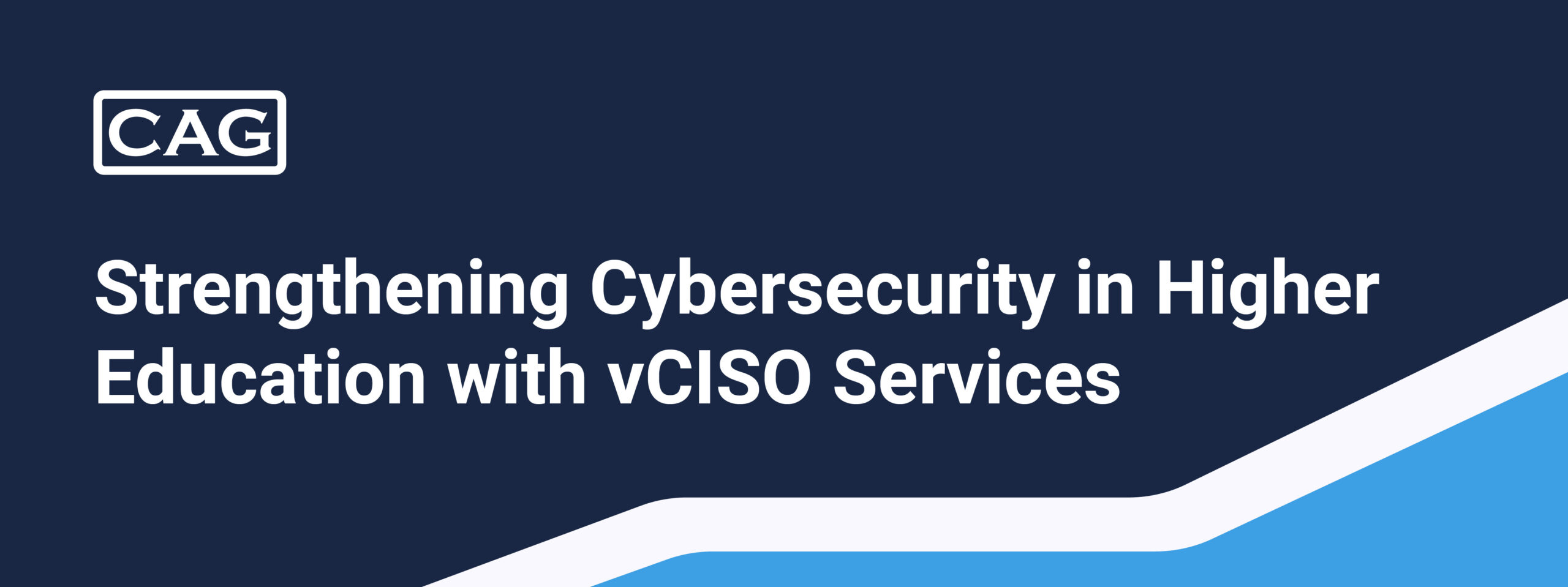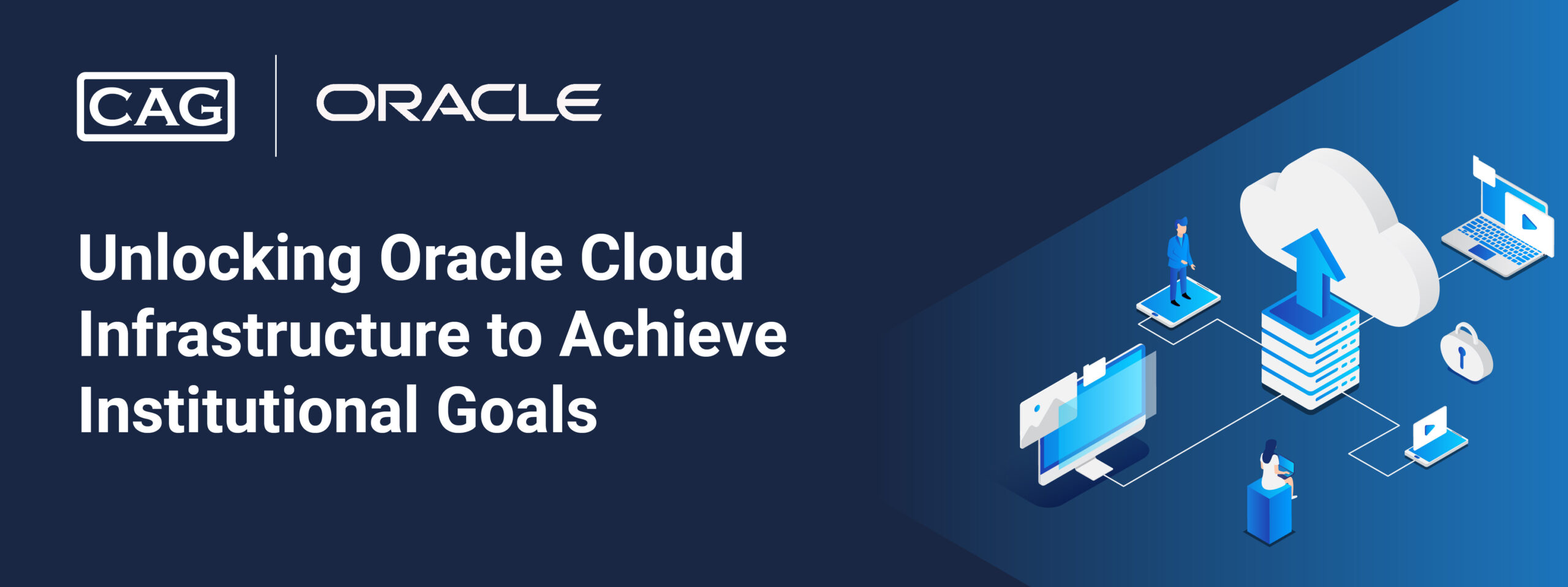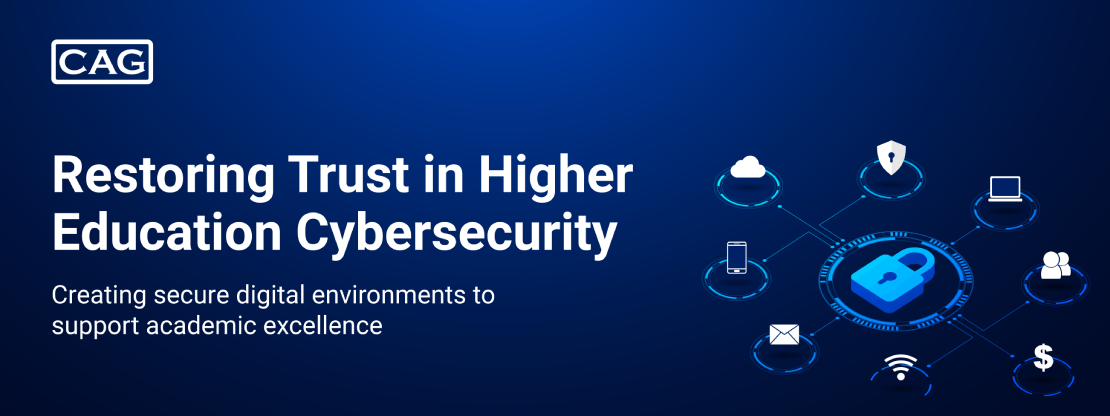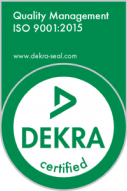As colleges and universities navigate the shift away from remote work, many institutions are facing significant challenges, especially when it comes to supporting their IT staff. A recent Forbes survey found that nearly 45% of workers would consider changing jobs if forced back into the office, which is a sentiment strongly echoed within IT departments. The return-to-office mandates have put extra strain on these teams, who were already stretched thin, juggling system security, regulatory compliance, and technology implementation. The challenges that arise from this transition are compounded by the need for constant innovation, efficient systems, and responsive support, all while dealing with limited resources.
The Challenges of the Return-to-Office Mandates
The push to eliminate work-from-home (WFH) policies in higher education has left IT departments grappling with several issues. According to a report by Forbes, nearly half of workers say they would consider changing jobs if forced back into the office, and this sentiment is felt strongly in the IT sector. The pressure to maintain productivity, support remote learning tools, and ensure seamless integration between on-campus and online systems has led to an environment of burnout and frustration.
As institutions of higher learning adjust to post-pandemic realities, IT departments are seeing the need for not just physical infrastructure but also an adaptable digital strategy that supports hybrid models, enhances the user experience, and ensures security compliance. This is where strategic, outsourced IT support becomes invaluable.
How CAG Fills the Gap
At Columbia Advisory Group (CAG), we understand these challenges and have tailored our IT consulting and managed services specifically for the higher education sector. With over 350 strategic projects and 100+ outsourcing engagements, CAG provides comprehensive solutions that address these pain points directly, helping higher education institutions transition smoothly while alleviating the burden on their IT teams.
Key Services CAG Offers:
- Consulting for IT Planning and Execution: We offer end-to-end support for IT project planning, execution, and vendor management. CAG helps higher education institutions choose the right technology platforms, implement solutions effectively, and manage complex systems without disruption to daily operations.
- CRM and Application Implementation: CAG supports institutions in implementing and optimizing CRM systems and critical applications to ensure seamless interactions between faculty, staff, and students. Our expertise in application management helps institutions adopt new technologies that enhance overall functionality and improve the user experience.
- IT Assessments: CAG’s detailed IT assessments help identify performance gaps and opportunities for improvement in applications, infrastructure, and operations. Our scalability assessments ensure that technology can grow with the institution’s needs, and our budgetary and health analyses provide valuable insights into cost optimization.
- IT Governance, Risk Management, and Compliance: In an era of heightened scrutiny around data privacy and security, CAG excels in ensuring regulatory compliance. Our services include NIST 800-53 and 171 framework assessments, penetration testing, and ongoing ISO services to ensure that IT infrastructure adheres to federal, state, and institutional regulations.
- Shared and Managed IT Services: We help institutions optimize their IT operations with flexible, cost-effective managed solutions. From help desk management and network maintenance to application governance and fractional IT leadership (including interim CIO roles), CAG provides support where it’s most needed, enabling IT teams to focus on strategic initiatives rather than routine tasks.
- Improved User Experience: CAG’s focus on intuitive systems and seamless interaction ensures that faculty, staff, and students can navigate IT platforms with ease. This user-centered approach fosters greater productivity and satisfaction, even as institutions adapt to a changing work environment.
The Impact of Strategic IT Support
By partnering with CAG, higher education institutions can effectively manage their IT resources, reduce operational costs, and improve overall productivity. Our expertise in compliance frameworks and IT governance ensures that institutions remain secure while also enhancing the experience for end-users.
As the landscape of higher education IT continues to evolve, CAG remains committed to helping institutions stay ahead of the curve with the strategic guidance and managed services they need to thrive.
Eric Olson, Senior Director of Business Development at CAG, states, “We understand the unique challenges faced by higher education institutions in this rapidly changing landscape. Our focus is on providing tailored, actionable IT solutions that not only meet today’s needs but also prepare universities for the future.”
Learn more about how our services in IT planning, compliance, and managed services can streamline your operations and enhance your IT infrastructure: columbiaadvisory.com/contact







